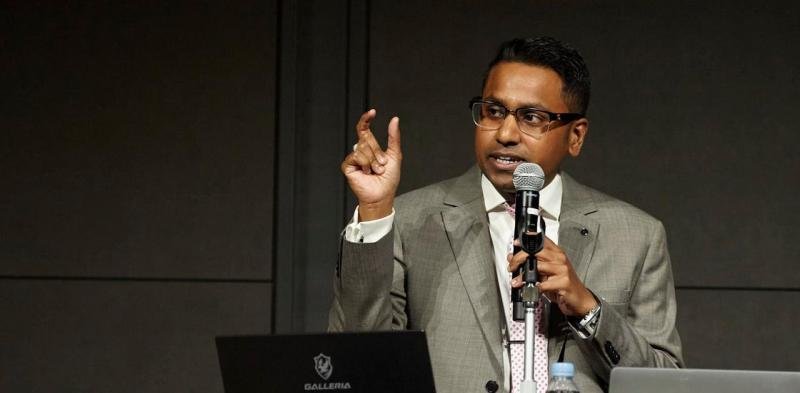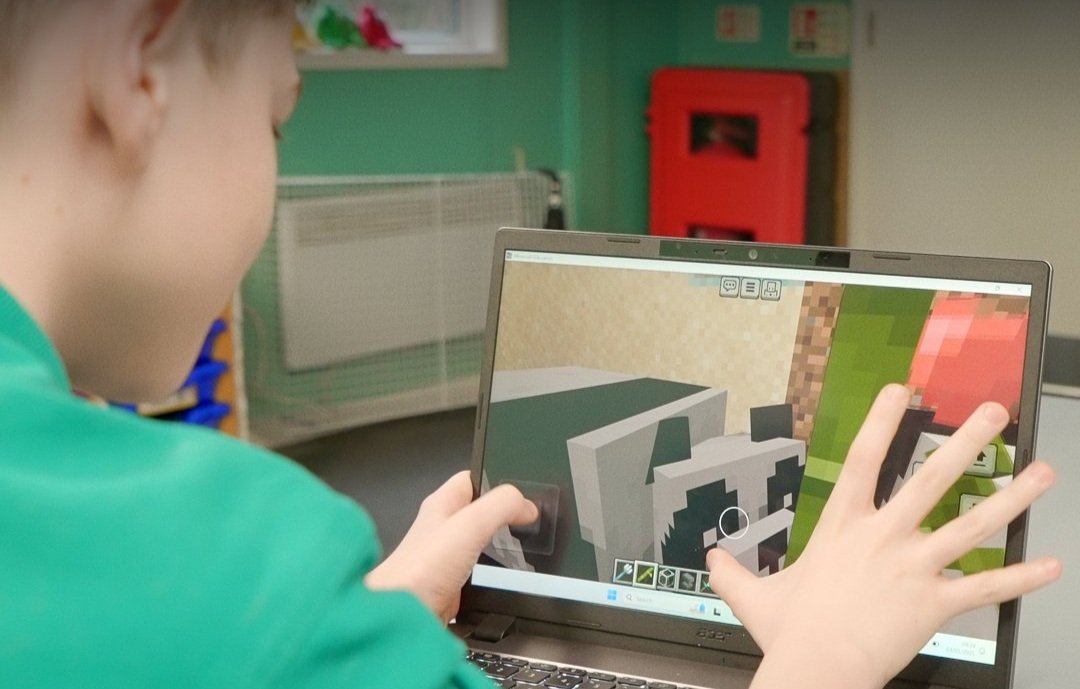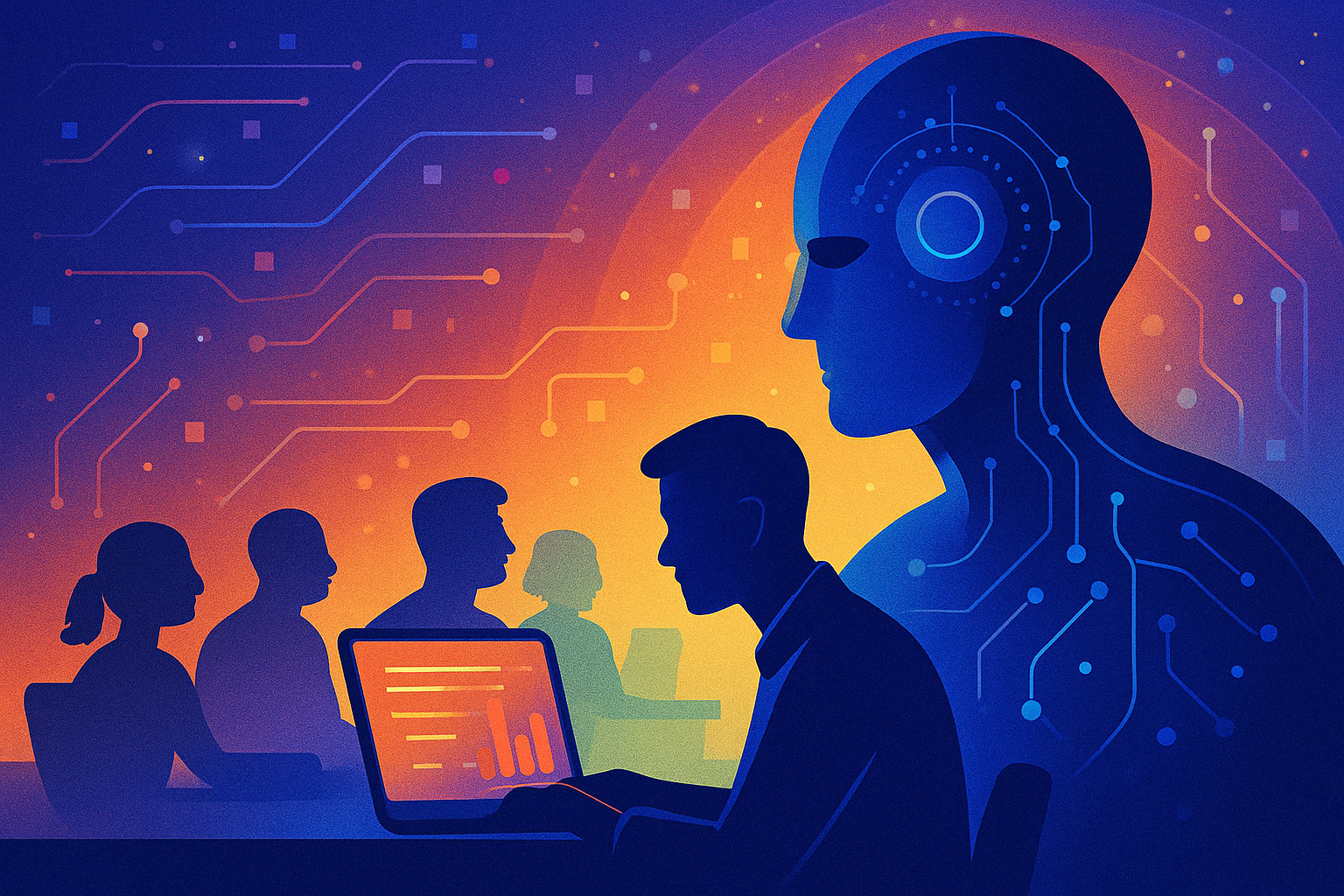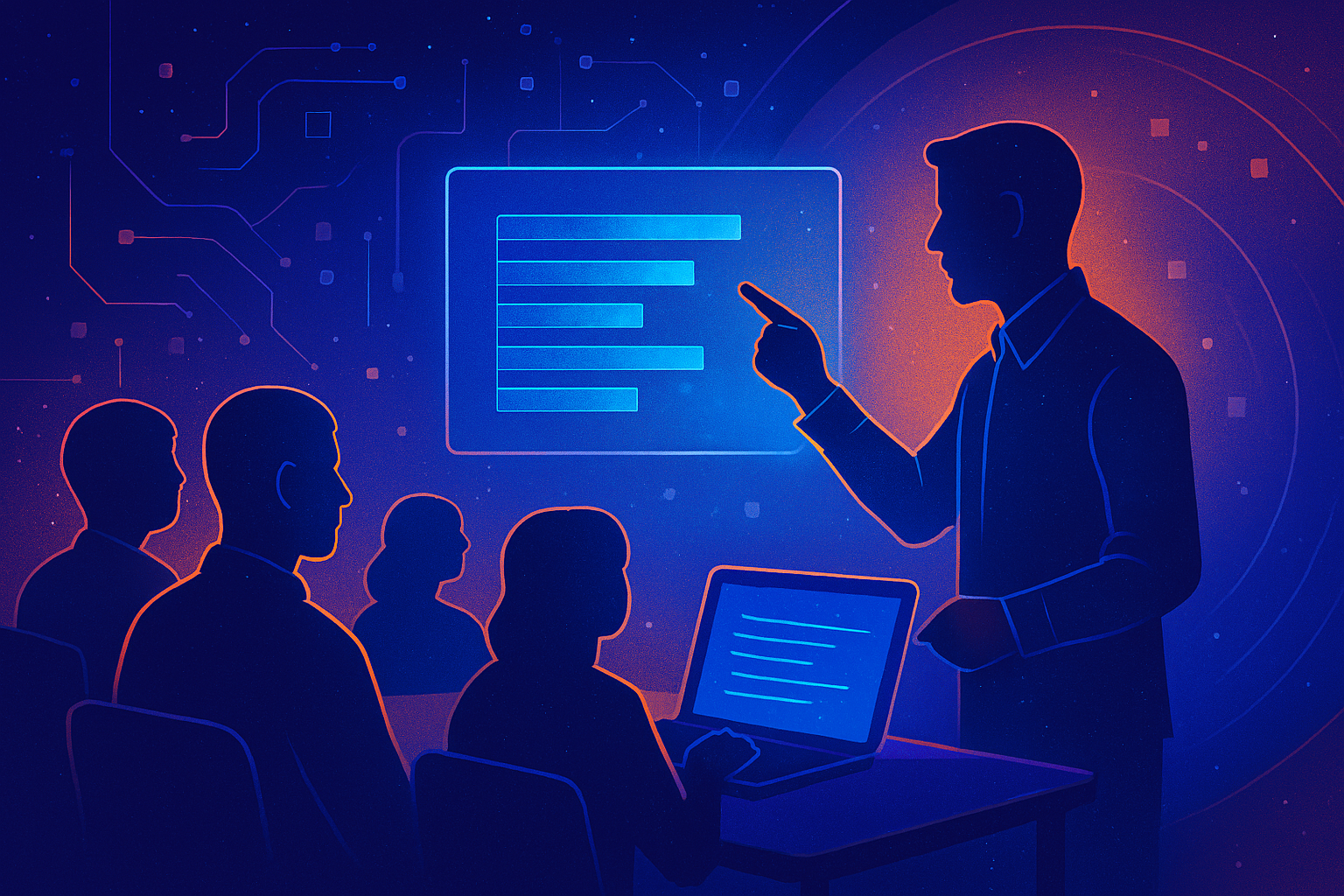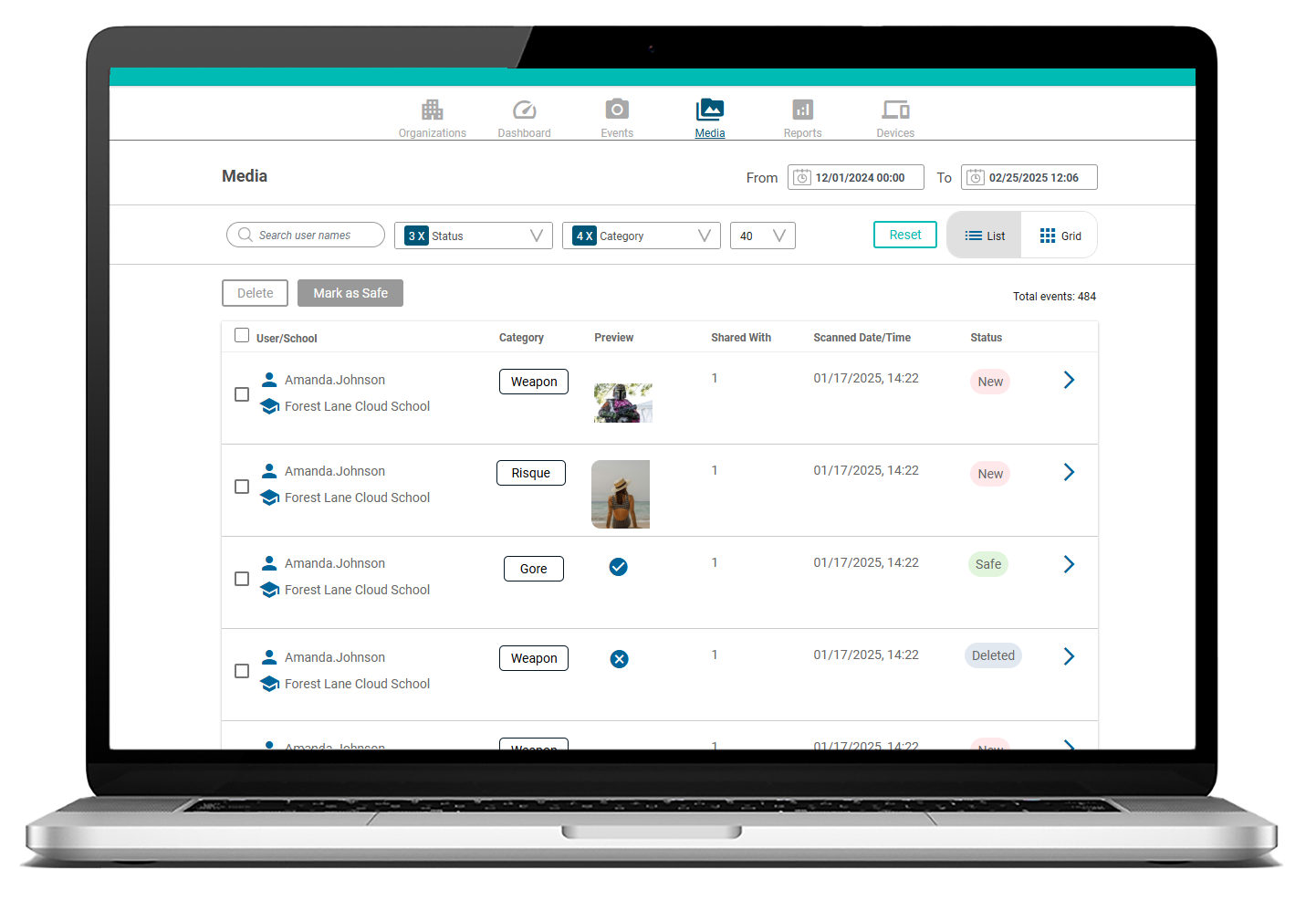Rocket Learning secures Google.org support to launch AI Tutor for early childhood education in India
Rocket Learning, a nonprofit focused on early childhood education, has announced a new initiative to develop an AI-powered learning tool aimed at underserved children in India.
Supported by Google.org Fellows, the tool, named Saheli, is designed to create personalised learning experiences for children aged 3 to 6, helping to improve school readiness across the country.
The AI tool will adapt to each child's unique pace and learning needs, providing interactive educational experiences tailored to individual understanding. Saheli will be delivered as a web application and will be accessible to children in government-run preschools, known as Anganwadis, across India.
The initiative, announced during the 10th edition of Google for India, comes as part of Google.org’s broader mission to leverage technology for social impact. Rocket Learning has already made significant progress in using AI and machine learning to scale its educational efforts.
The organisation currently engages 3 million children across 10 states in India through an automated system that grades homework and provides personalised feedback, with plans to reach 50 million children within the next five years.
“We’re thrilled to receive funding and pro bono support from Google.org to enable all children in India to reach their fullest potential and boost their collective IQ,” said Vishal Sunil, CTO and co-founder of Rocket Learning. “With the support of the Fellows, we are eager to deepen our understanding of personalised learning’s impact and are committed to making quality early education accessible to every child.”
The project will be powered by Google.org’s Fellowship programme, which provides technical expertise and funding to nonprofits working on critical social issues. A team of Google.org Fellows will work with Rocket Learning for six months, pro bono, to develop and refine the Saheli platform.
“Working with Rocket Learning, since our $1.5M financial award to the nonprofit, has reiterated the life-changing work they are doing to provide preschool education to millions of children,” said Sebastien Floodpage, Program Manager at Google.org. “With the first five years of children’s lives so crucial to educational outcomes, it is clear that preschool provision is one of the most important ways to ensure the long-term wealth, health and well-being of society.
“Over the next six months, we are proud to be supporting Rocket Learning on a pro-bono basis to develop an AI-powered tutor that will help achieve their vision of providing preschool education to millions of children by the end of the decade.”
Rocket Learning’s mission to support early childhood development comes at a critical time for India, where approximately 40 million children lack access to quality preschool education. The first six years of a child’s life are considered crucial for brain development, with 85% of brain growth occurring by age 6.
The organisation’s existing AI/ML grading system, developed with the support of a $1.5 million Google.org grant through the AI for Global Goals Impact Challenge, has already made a measurable impact. The system processes over 50,000 homework images daily with 90% accuracy, enabling personalised learning for millions of children. In its current form, 80% of the children engaged with Rocket Learning’s platform reach school readiness by the age of 6.
As part of its broader goal to expand the use of technology in education, Rocket Learning is also developing a platform where parents and educators can access and integrate personalised learning data into lesson plans.
"Rocket Learning's audacious vision is to offer this technology open source as a state of the art Gen AI use case for government systems to adopt as part of Digital India," said Namya Mahajan, Co-Founder of Rocket Learning. "Parents and educators are hungry for an AI buddy to help them help their children, and India can become a global leader in fulfilling this need."


